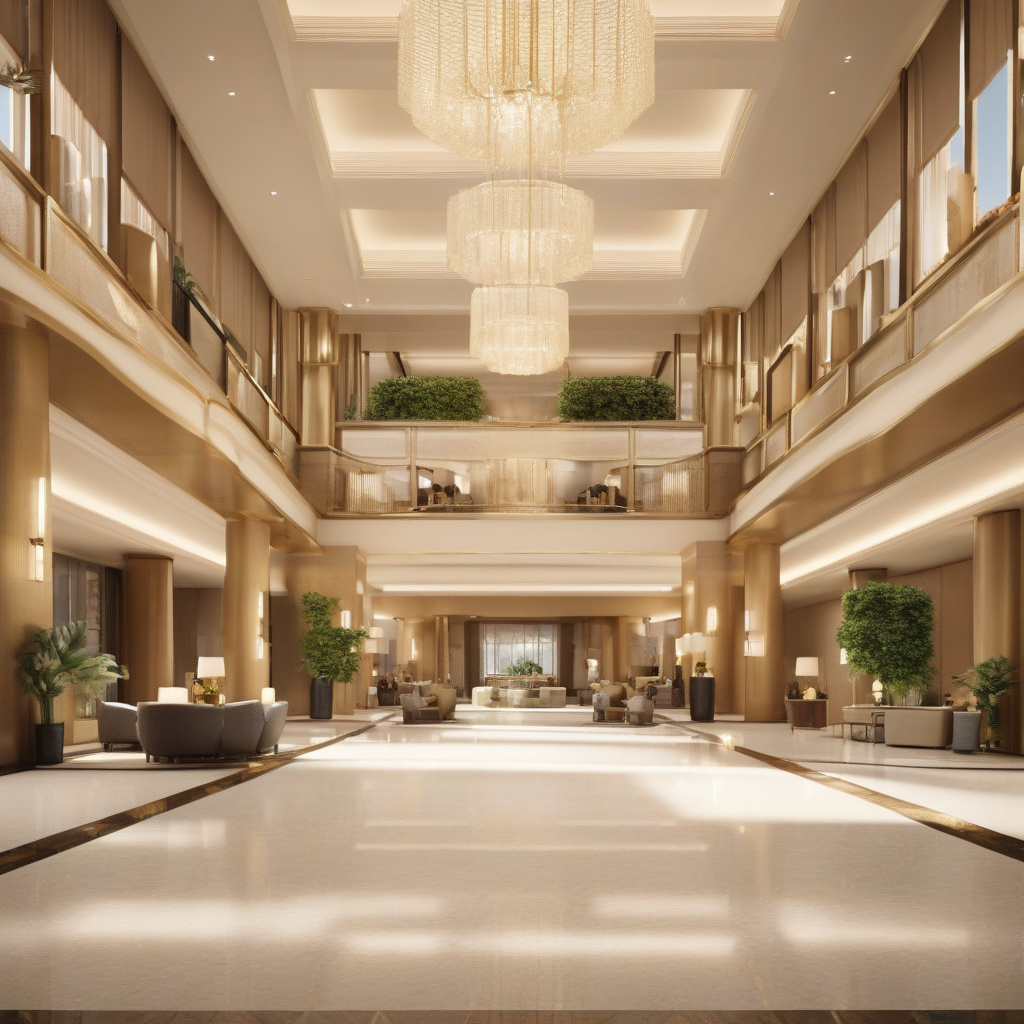Hospitality, Design and the Art of Emotional Connection
The intersection of hospitality and design plays an increasingly vital role in shaping the luxury experience for discerning customers. At the recent Milan Design Week, a panel discussion co-hosted by Business of Fashion (BoF) and Marriott International’s Luxury Group brought together industry leaders to explore the evolving demands of luxury clientele and the strategies needed to maintain brand relevance in 2025. Key insights emerged from Marriott International’s president of luxury, Tina Edmundson, Dimorestudio co-founder Britt Moran, and BoF’s founder and CEO Imran Amed, illuminating the pivotal relationship between hospitality, design, and emotional connection.
As luxury consumers become more sophisticated, their expectations have expanded beyond traditional markers of opulence. Today’s luxury customers seek unique and meaningful experiences that resonate on a personal level. They are not just looking for lavish amenities; they want brands to connect with them emotionally. This shift in consumer behavior necessitates a re-evaluation of how luxury brands approach design and service.
Tina Edmundson emphasized that the essence of luxury has transformed. “It’s about creating memories and experiences that are unforgettable,” she stated. This perspective aligns with the notion that modern luxury is about more than just material possessions; it is also about the stories and connections that accompany those experiences. Brands must therefore focus on storytelling that resonates with their audience, creating a narrative that engages customers on a deeper level.
Britt Moran, whose design firm Dimorestudio has redefined luxury interiors, echoed this sentiment. He pointed out that design should not merely serve an aesthetic function; it should evoke emotions and foster connections among guests. “Every space tells a story,” Moran explained. “The design should reflect the culture and spirit of the place while making guests feel welcomed and at home.” This philosophy is evident in Dimorestudio’s projects, which blend local influences with contemporary design elements, resulting in environments that inspire and connect with visitors.
The panel discussion also highlighted the importance of personalization in luxury hospitality. Imran Amed noted that luxury brands must adapt to the individual needs and preferences of their customers. “Today’s consumers expect customized experiences that cater to their specific desires,” he remarked. This demand for personalization extends to all facets of the guest experience, from tailored services to unique room designs that resonate with personal tastes.
Marriott International has recognized this shift and is actively implementing strategies to meet these evolving demands. The company is investing in innovative design concepts that reflect local cultures and traditions, ensuring that each property offers a unique experience. For instance, Marriott’s luxury brands are increasingly collaborating with renowned designers and artists to create spaces that are not only visually stunning but also deeply connected to the local environment.
Moreover, the integration of technology in hospitality has opened new avenues for emotional engagement. From personalized booking experiences to smart room features that anticipate guest needs, technology can enhance the emotional connection between brands and customers. Edmundson highlighted that leveraging data analytics to understand guest preferences allows brands to tailor their offerings more effectively, making each stay feel more personal and memorable.
However, as the panelists pointed out, balancing technology and human interaction is crucial. While technology can streamline operations and personalize experiences, it should not replace the warmth and authenticity of human service. Amed noted, “The human touch is irreplaceable. It is the essence of hospitality that makes guests feel valued and appreciated.” Therefore, luxury brands must find ways to integrate technology while preserving the personal connections that define the hospitality experience.
The discussion at Milan Design Week underscored that the future of luxury hospitality relies on the ability to forge emotional connections through thoughtful design and personalized experiences. Brands that prioritize these elements will not only meet the demands of today’s consumers but will also secure their staying power in the competitive landscape of 2025 and beyond.
In conclusion, as the luxury market evolves, the importance of emotional connection in hospitality and design cannot be overstated. By focusing on creating memorable experiences, embracing local culture, and prioritizing personalized service, luxury brands can foster deep connections with their clientele. The insights shared during the panel discussion serve as a roadmap for industry leaders aiming to navigate the complexities of the modern luxury consumer landscape.
luxury, hospitality, emotional connection, design, customer experience
